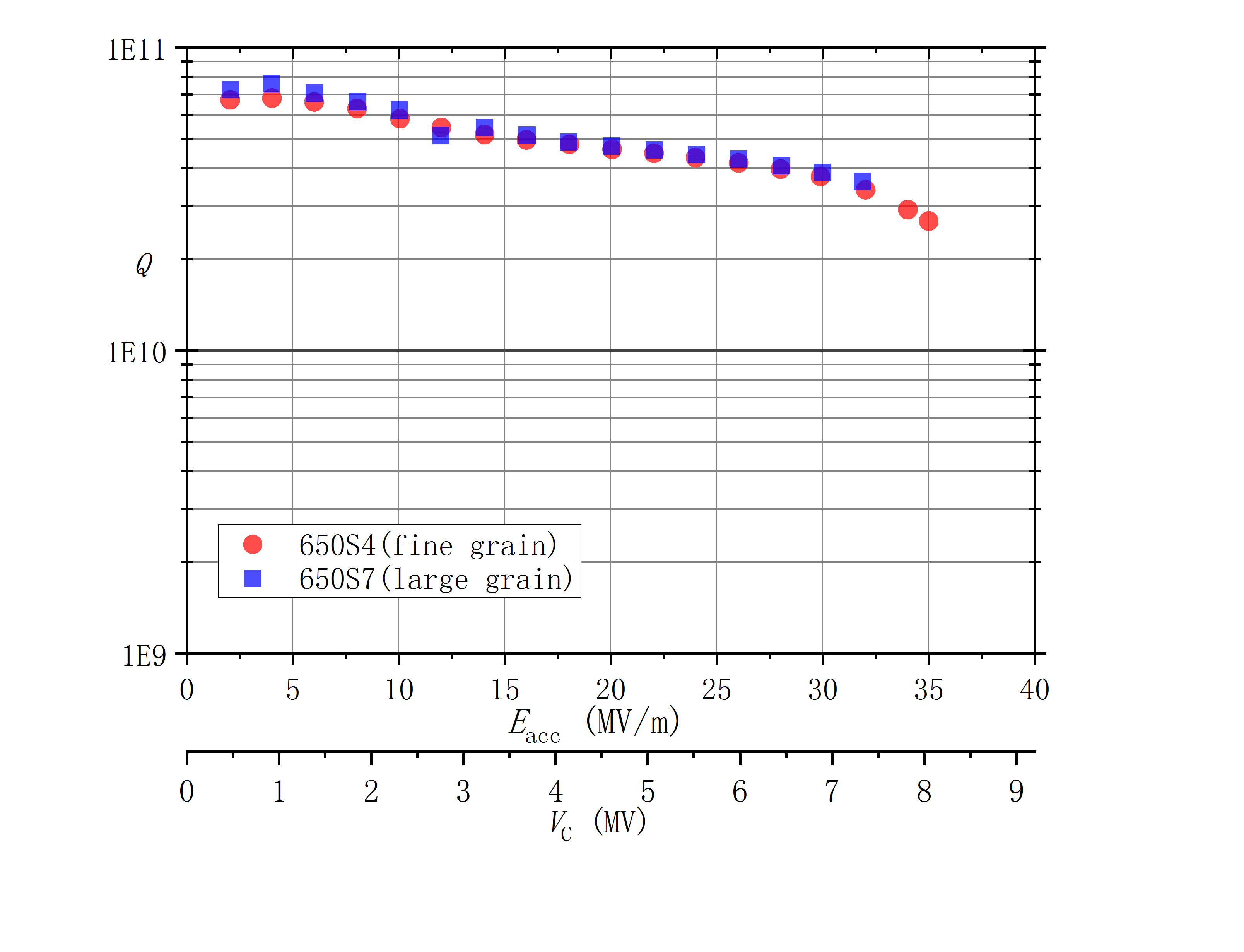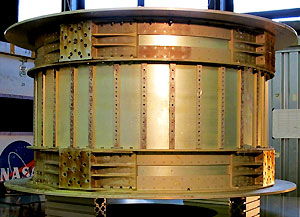2024 CEPC International Workshop Held in Hangzhou
From October 22 to 27, 2024, the 2024 CEPC International Workshop was grandly held in Hangzhou. Jointly organized by Zhejiang University and the Institute of High Energy Physics of the Chinese Academy of Sciences, the conference attracted 446 experts and scholars from around the world, setting a new record for attendance at CEPC International Workshop. The participating experts and scholars gathered to discuss the latest progress and future development directions of the CEPC (Circular Electron Positron Collider).
CEPC is a large-scale fundamental physics research facility proposed by Chinese scientists. Once completed, it will become a leading and flagship scientific facility in the field of particle physics. During this workshop, participants engaged in in-depth exchanges and discussions on key topics such as the physics breakthroughs that CEPC will bring in the future, the progress of the CEPC accelerator engineering design, detector technology design, and collaborations with industry. The event also saw the presence of members from the CEPC International Detector Review Committee (IDRC) and the CEPC International Advisory Committee (IAC), who provided valuable insights and suggestions for the advancement of the project.
In addition to specialized discussions, the workshop featured several public lectures that further promoted academic exchange. Professor WANG Yifang, former director of the Institute of High Energy Physics, delivered a talk titled "Prof. Tsung-Dao Lee and the Development of High Energy Physics in China," fondly recalling Prof. Lee's enduring connection with Chinese high energy physics. Professor GAO Yuanning, Dean of the School of Physics at Peking University, presented "The Innermost Structure of Matter", systematically outlining the development and future goals of high energy physics, painting a grand vision for the field.
The workshop also featured numerous corporate booths. Many domestic companies have joined the CEPC Industrial Promotion Consortium (CIPC). Following recommendations from the IAC and other international peers, the conference invited representatives or subsidiaries of some foreign companies to participate. The organizers stated that they will further enhance efforts in this area in the future.
The successful convening of this symposium not only provided a platform for global high energy physics scholars to exchange and collaborate but also strengthened confidence in the future development of the CEPC. Attendees unanimously agreed that the progress in various aspects of the CEPC project is exciting and that it is poised to play a significant role in fundamental scientific research and technological innovation in the future.

